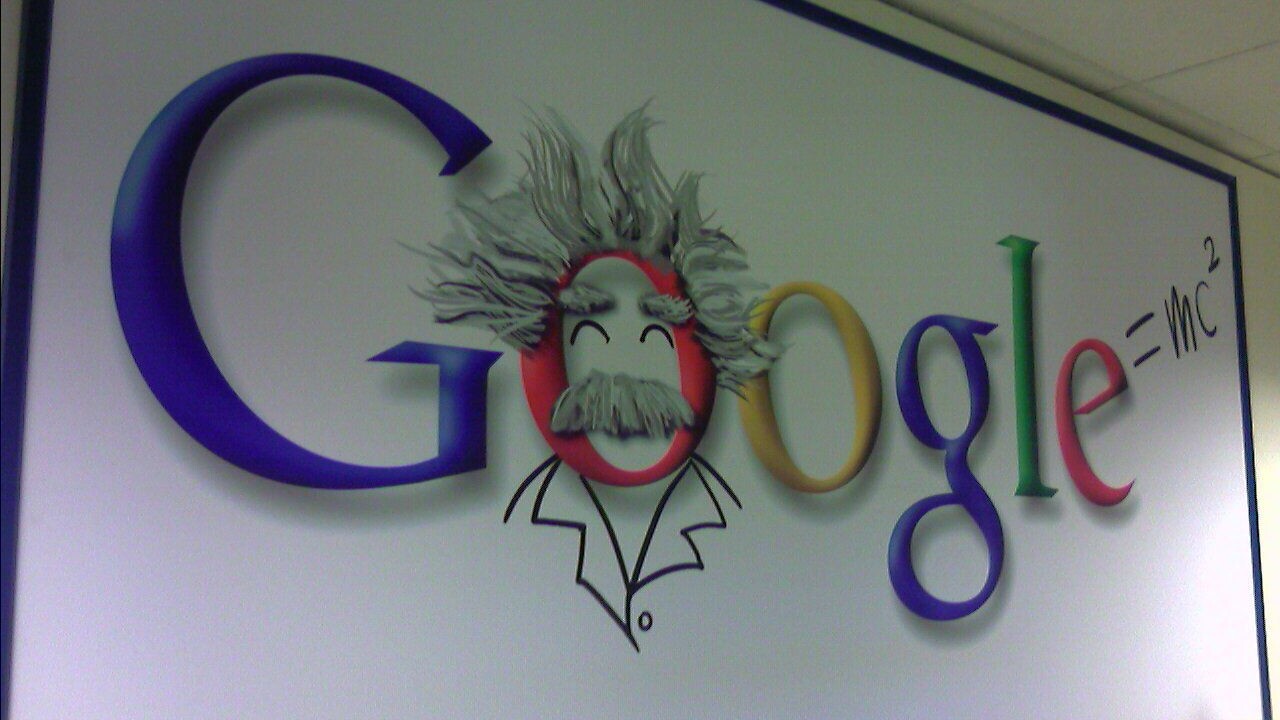
Google has been found guilty of allowing advertisers to mislead users of its search engine in Australia, after the Federal Court upheld an appeal from the Australian Competition and Consumer Commission (ACCC), SBS reports.
The ruling found that, in four cases, Google was ultimately responsible for misleading adverts that companies took out in bids to hijack traffic from searches of competitors’ brands and products.
The examples, that include search results for CarSales (from 2006 and 2007) which contained ads that appeared to go to the site but linked to Honda Australia’s website, are part of 11 that formed the crux of an ACCC case that was dismissed by the Federal Court last year.
While the 2011 decision found that Google sufficiently distinguishes between organic search results and ads is not impacted, the new ruling lays responsibility for the four misleading ads at the search giant’s door.
Commenting on the CarSales-Honda example in judgement papers, Justices Jacobson and Lander and Chief Justice Keane conclude that “by clicking on the headline to the advertisement, users of the website would be taken to the Honda Australia website and thereby engaged in conduct that was misleading or deceptive or likely to mislead.”
While the new decision hasn’t overruled the original federal decision, it does conclude that the firm “engaged in conduct that was misleading or deceptive or likely to mislead”.
ACCC chairman Rod Sims claimed that the ruling was an important reminder that Web services must remain accountable:
This is an important outcome because it makes it clear that Google and other search engine providers which use similar technology to Google will be directly accountable for misleading or deceptive paid search results.
The ACCC brought this appeal because it raises very important issues as to the role of search engine providers as publishers of paid content in the online age.
A Google spokesperson told The Next Web that the company is disappointed by the ruling:
We are disappointed by the Federal Court’s decision that Google should be responsible for the content of four particular ads on its platform. Google AdWords is an ads hosting platform, and we believe that advertisers should be responsible for the ads they create on the AdWords platform.
We’re committed to providing an advertising platform that benefits both advertisers and users. We investigate complaints about violations of our policies and terms and conditions, and if we are notified of an ad violating our terms and conditions we will remove it. We are currently reviewing our options in light of the court’s decision.
Google has been told to “implement a compliance program” to prevent future abuses of its advertising system, while it has also been ordered to pay the ACCC’s court costs.
Google isn’t the only company in trouble for misleading Australian consumers. Apple was taken to court by a consumer watchdog which claimed its marketing for the new iPad was not clear that the device is not compatible with national LTE networks. The company has since offered refunds and updated its marketing statements accordingly.
Get the TNW newsletter
Get the most important tech news in your inbox each week.





